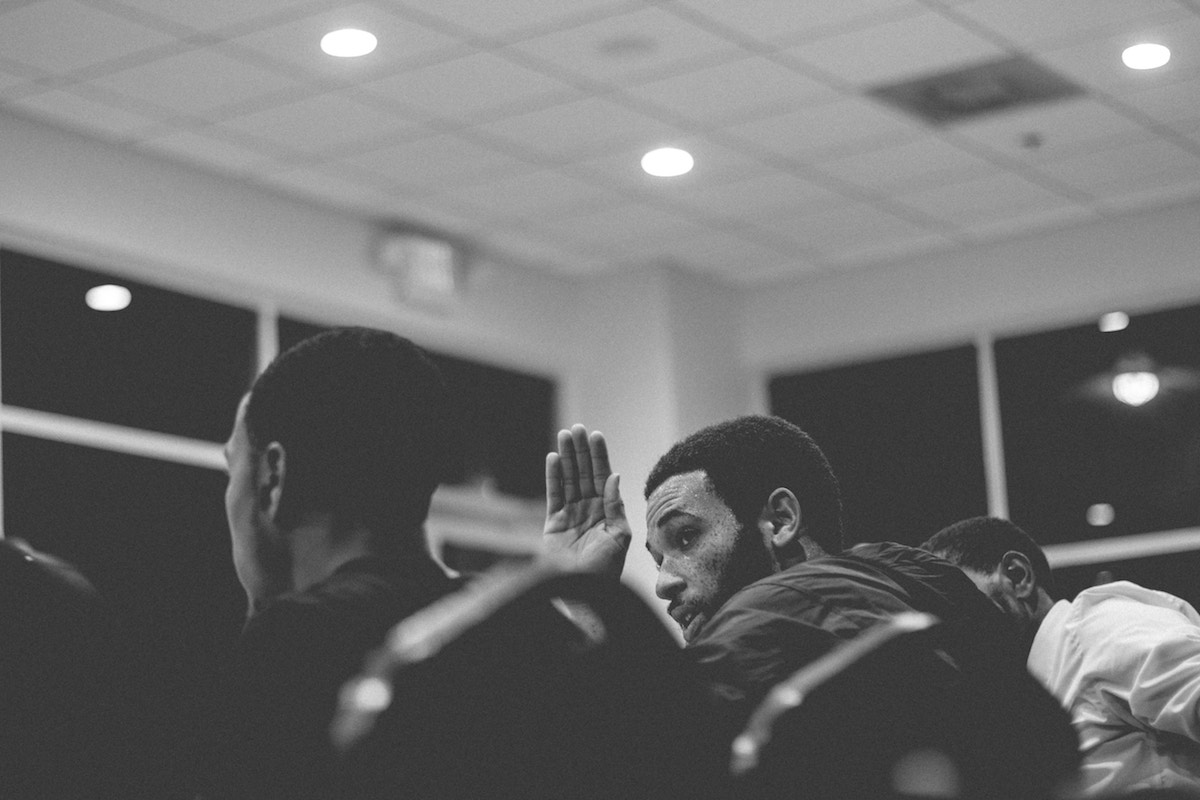I just finished reading an engaging book titled On Tyranny: Twenty Lessons from the Twentieth Century by Yale University professor, Timothy Snyder. The book isn’t a commentary on either our current President or past Presidents, nor is it a commentary on one political party or the other. Rather, it is an engaging reflection about what we should remember—and not forget—about the 20th century. What lessons did we learn? What, if anything, can happen again? Forgetting history opens the door to repeating it.
Central to Snyder’s argument is that it is a mistake to believe that institutions actually protect us, and we can just be passive observers to this endeavor called democracy. He argues that we must have an active relationship with our institutions because our institutions are only as good as the people who serve them.
[bctt tweet=”It is a mistake to believe that institutions protect us & we can be passive observers to democracy.” username=””]
That’s why it’s important to vote, serve on the School Board, or volunteer for other forms of service, public and private. Snyder continues, “…it is institutions that help us to preserve decency… [but] they need our help as well.”
Some of the institutions in our Republic—the structures upon which our democracy stands—are wavering or have crumbled. As I’ve previously written, the institution of Higher Education is under attack and, in some but not all cases, it should be.
At its best, the institution of Higher Education is to be an incubator of thought-full action. Ideas must be debated and sifted. Students (and faculty and staff members) must be challenged, rewarded, corrected and formed. As an institution, we have an important contribution to make in facilitating the long-term health of our Republic. Yes, we focus on Chemistry, Biology, Theology, Philosophy, Aviation and Computer Graphics, but we also have a responsibility to model and teach how to lead and be.
There are better ways than others to contribute to this experiment known as democracy. Organizationally, we will not be able to continue in that role if, as President, I and others don’t take personal responsibility for protecting engaged and respectful discourse.
My job is to uphold and interpret our Mission, and to facilitate the creation of room for people to teach and learn in service to the Church and the world. In that way, we contribute to the welfare of this Republic known as America. And we need educated, reflective, engaged, passionate, and thoughtful citizens for this Republic to continue.
I received quite a few responses to my recent post Charlottesville et al., and I’m grateful for every single one of them. Many of the responses were generous. Some of them were appropriately critical but always genuinely civil. My favorite bit of feedback came from a student who wrote “I disagree with everything.” “Everything?” I thought. “You disagree with everything? Well, it’s a start!”
As one of many leaders of an independent institution of Higher Education that operates in very public space, my responsibility to our students and maybe even to our Republic, as I see it, is less about offering opinion pieces than it is about writing thought pieces—and there is a difference.
As the author of thought pieces, I am trying to illustrate how and why I arrive at my conclusions as a way of teaching and modeling careful and respectful engagement in public discourse. Along with me, I want my readers to learn how to think through sometimes complicated and difficult issues in civil and constructive ways.
After all, institutions—all institutions—are only as good as the people who serve them.









Hi Jeff,
Public service comes in many stripes. Being a thought leader is among them. UofD and we are lucky to have you! Keep thinking and sharing.
Rick,
Thanks for your remarks and for reading the blog in the first place! Thank you and your colleagues, as well, for the terrific work you do for our region through the Greater Dubuque Development Corporation (GDDC)!
Jeff
Jeff:
Thanks for your insightful blog posts – always well written, thought-provoking, and relevant.
Reading this latest one reminds me of the recent incident we had here at the Air Force Academy, where our leader had to issue a strong message about respectful engagement. See this link: https://www.youtube.com/watch?v=mU0RfhvYN8s
I continue to hear great things about the current state of UD. I am grateful for having the privilege to serve the University in the past.
Blessings to you and your family.
Dale,
So nice to hear from you and thank you so much for reading the blog. Please greet Ruth for me as well. Yes…I was aware of this powerful response by the AFA’s “president.” Absolutely spot on, firm, clear, and much needed!
Jeff
Ah, yes, Jeff! But when we allow institutions to take on a life of their own they readily co-opt self-preservation at the cost of the very virtues which they were founded to embrace, embody, employ, and defend. I wonder if that doesn’t always happen when we shift from creating to coasting; tire of our interest in building up and retire to our interest in using up. As humans, made in the image of a creative and providential Sovereign, aren’t we rather obliged to spend ourselves on revitalizing what it truly vital. One UDTS professor frequently says it this way, “live the reality, don’t just manipulate the symbols.”
Thanks for your, personal and professional, continuing pursuit in that regard.
Carol,
Thank for your insightful remarks, and for reading the blog in the first place!! Snyder tries to address your insight in lesson 20 “Be as courageous as you can [be].” It takes courage to create, of course, which is part of your point. And it’s far easier to coast, to be disengaged, or to let the institution become the focus of the mission rather than the source from which that mission flows. As Jesus said, “in order to gain your life, you must first loose it.” That when institutions–like the Church–are at their best!!
Thanks.
Jeff